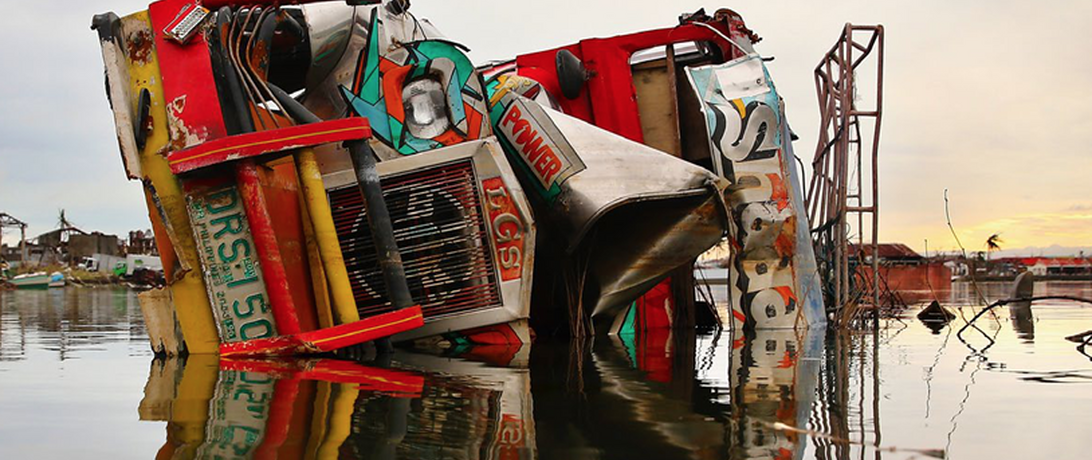
Trends in urbanization and climate change are altering the nature of human settlements. As the number and impact of severe weather events increases, countries and cities are forced to cope.
Key Findings
The limited governance mechanisms and financial constraints of many developing cities restrain capacity for dealing with complex urban problems. This paper describes how climate change is linked to urban fragility, crime, and violence, and emphasizes the important role of city governments in addressing peace and security challenges associated with climate migration.
- Rural-to-urban migration resulting from climate change effects is expected to continue in the coming decades. Many climate migrants are moving to “fragile cities” characterized by poor governance and limited capacity to provide their residents with adequate infrastructure and social services. Influxes of climate migrants are likely to exacerbate these problems, and migrants may experience exclusion from government services when they arrive in cities in low- and middle-income countries.
- As urbanization increases, the focus within the discourse on governance, peace, and security is increasingly shifting from the fragile state to the fragile city. Poor governance and an inability to deliver services in fragile cities result in city dwellers being exposed to violence and instability.
- Existing research on provision of social services and integration into governance systems suggests that in general, exclusion from the procedures or benefits of such systems can contribute to intergroup tensions, crime, and political instability.
- City governments can play an important role in peace and security. In contrast to national and international actors, local government authorities are in close proximity to their residents and can design policies and initiatives rooted in local realities. Strategies to improve public infrastructure, legal systems, and service delivery and include local groups in city governance can reduce the vulnerabilities of climate migrants and associated security risks.
- In order to tackle local-level challenges, city institutions need to build partnerships with international actors. They should strengthen ties with UN agencies, multinational companies, regional and international banks, think tanks, and international humanitarian and peacebuilding organizations. The building of bridges with global research programs can fill in the gaps in knowledge on urban trends, governance, migration, and security. Enhanced knowledge can help city leaders design better policies and programs to address the climate–migration– security nexus, and stronger partnerships with humanitarian organizations can help effectively deliver humanitarian assistance.